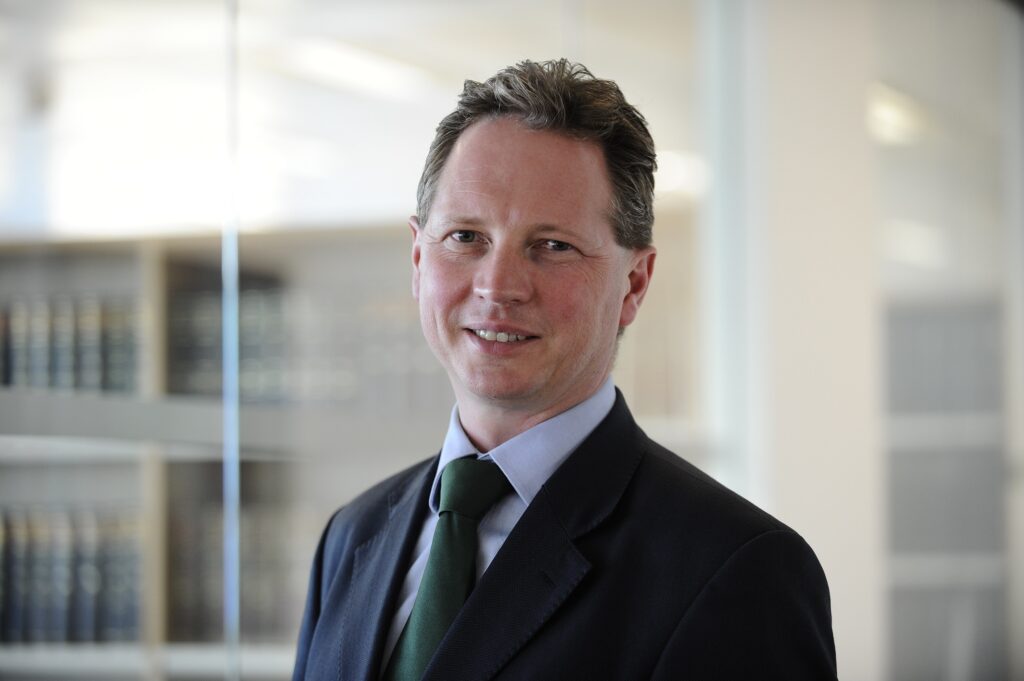A LAW firm has had its global net-zero target verified by the Science Based Targets initiative (SBTi), as it looks to reduce its impact on climate change.
Pinsent Masons are aiming to reach net-zero by 2040 – five years ahead of the Scottish Government’s target and 10 years ahead of the deadline set by the UK Government and the Paris Agreement.
The validation of a net-zero target by SBTi provides a defined, long-term pathway to reduce greenhouse gas emissions consistent with limiting global temperature rise to 1.5°C.
To deliver this commitment, at least 90% of the firm’s 2019 baseline emissions will be fully abated by 2040 at the latest.

The target includes direct emissions resulting from business operations, indirect emissions associated with the generation of purchased electricity, and all other indirect emissions across global supply chains.
The SBTi is a global organisation which defines and promotes best practice in emissions reductions and net-zero targets in line with climate science.
Its Corporate Net-Zero standard launched in 2021 and is the world’s first framework for corporate net-zero target setting.
Head of Pinsent Masons’ Climate and Sustainability Group, Michael Watson, said: “Defining our targets and getting them verified by the SBTi gives us a comprehensive 360-degree view of our business and how we can minimise our impact on the environment.
“The process of verification helps us get under the skin of our targets and define our strategy more meticulously.
“This is vital in ensuring we pursue our net zero ambitions effectively and authentically.
“2040 strikes the right balance in our view between ambition and realism and is ahead of the Paris Agreement target date of 2050.”
The firm has made progress in reducing emissions in areas such as energy consumption, business travel and waste.
Prior to the pandemic it achieved a 30% reduction in energy consumption across its UK offices.
Pinsent Masons engaged environmental consultants, WSP, to undertake a detailed audit of its entire greenhouse gas inventory to calculate its baseline global carbon footprint.
These findings have been used to shape the firm’s target and its strategy on how it will be achieved.
Practical solutions include the use of a Smart Buildings programme and Demand Side Response technology to optimise energy performance and also use the flexible load of premises to help balance the electricity grid.
The firm now also procures 100% of its energy for its offices in the UK and Ireland from renewable sources.
Michael Watson added: “As a business, we believe it is important to face head on the challenges of achieving the Paris goals and not just wait for legislative or regulatory change.
“We also recognise the importance of doing so as a professional services firm which is advising clients on their climate and sustainability agenda.
“It is simply not credible to do that without first getting our own house in order and running and managing our business in an ethical and sustainable way.”

